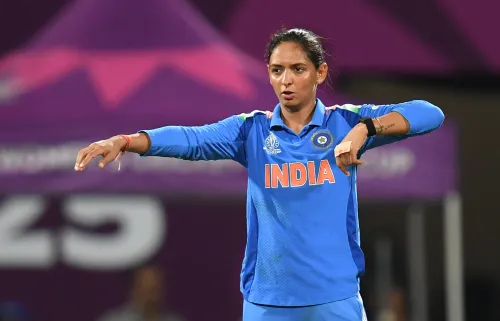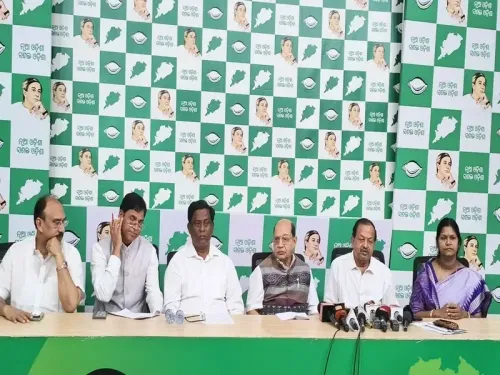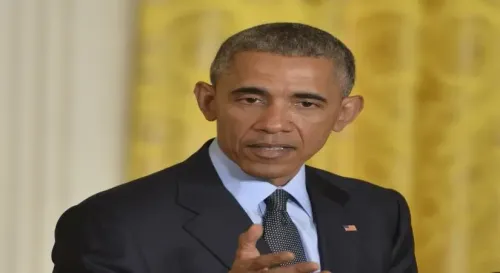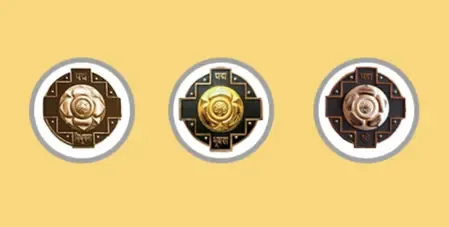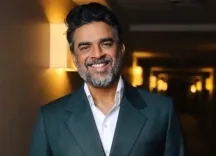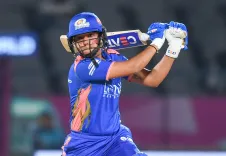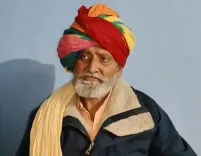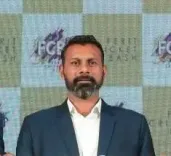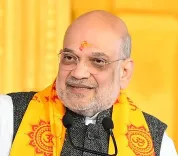What Did PM Modi Say About the Inspiring Life Journeys of Padma Awardees?
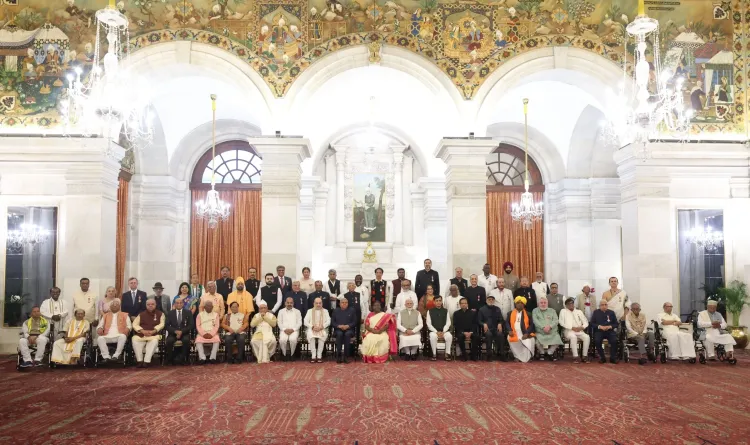
Synopsis
Key Takeaways
- 69 individuals awarded at the Padma Awards ceremony.
- Posthumous honors highlight lasting legacies.
- Significant representation of women among awardees.
- Padma Awards celebrate diverse contributions across sectors.
- Government efforts aim to democratize these prestigious awards.
New Delhi, May 27 (NationPress) Prime Minister Narendra Modi participated in the ‘Civil Investiture Ceremony-II’ at Rashtrapati Bhavan, where 69 distinguished individuals were awarded the Padma Awards.
“I was present at the Civil Investiture Ceremony-II, where the prestigious Padma Awards were given. The contributions of the Padma awardees to society are remarkable. Their life stories are profoundly inspiring,” the Prime Minister shared on X.
Earlier, President Droupadi Murmu awarded Padma Awards to 69 exceptional individuals who excelled in various domains such as art, literature, education, public affairs, medicine, social work, science, sports, and industry.
The ceremony also saw the attendance of Home Minister Amit Shah, External Affairs Minister S. Jaishankar, and other notable figures.
This event marked the second phase of the Padma Awards ceremony for 2025.
The Padma Awards, which are among the highest civilian recognitions in India, are awarded in three categories: Padma Vibhushan, Padma Bhushan, and Padma Shri. This year, a total of 139 Padma awardees were announced on the eve of Republic Day.
In this phase, there were three Padma Vibhushan, nine Padma Bhushan, and 57 Padma Shri awardees. The ceremony held special significance with 13 posthumous recognitions, honoring legends who made a lasting impact in their fields.
One of the most touching moments was the posthumous award of the Padma Vibhushan to late Bhojpuri and folk singer Dr. Sharda Sinha, whose music deeply resonated with the essence of the Indian heartland.
Other Padma Vibhushan recipients included former Chief Justice of India Jagdish Singh Khehar and classical dancer Kumudini Lakhia (posthumously).
The Padma Bhushan awardees featured social activist Sadhvi Ritambhara, known for her involvement in the Ram Janmabhoomi movement, actor-politician Nandamuri Balakrishna, and acclaimed journalist and author A. Surya Prakash.
Posthumous Padma Bhushan honorees included legendary singer Pankaj Udhas, veteran politician Manohar Joshi, and economist Bibek Debroy, along with renowned Malayalam writer M.T. Vasudevan Nair and Japanese industrialist Osamu Suzuki, who played a crucial role in Suzuki's partnership with India.
The largest number of accolades were awarded in the Padma Shri category, with 57 individuals recognized for their grassroots and innovative efforts across the nation.
Significantly, 23 of the recipients were women, highlighting the increasing acknowledgment of female excellence in diverse fields.
This year’s ceremony embodies the ethos of “nation first, people first”, with awardees showcasing India’s cultural, scientific, and humanitarian richness. The government's initiative to make the Padma Awards more accessible underscores their nature as a true people’s honor, celebrating not just fame, but impactful service.


